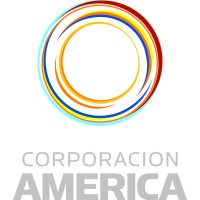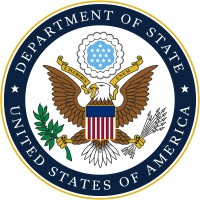
Corporación América
Fundado por Eduardo Eurnekian, el holding de empresas Corporación América viene invirtiendo en diversas industrias: desde la operación aeroportuaria, pasando por la producción y transporte de energía, la minería, la agroindustria, la producción de vinos, la construcción e infraestructura, los servicios bancarios y el real estate, hasta el armado de tarjetas inteligentes. Nacido en Argentina, el grupo Corporación América se ha expandido en Latinoamérica con inversiones en Uruguay, Brasil y Ecuador, como también en Europa, con empresas en Italia y Armenia. Desde 2018, su división aeroportuaria, Corporación América Airports (NYSE:CAAP) cotiza en la Bolsa de Nueva York.






